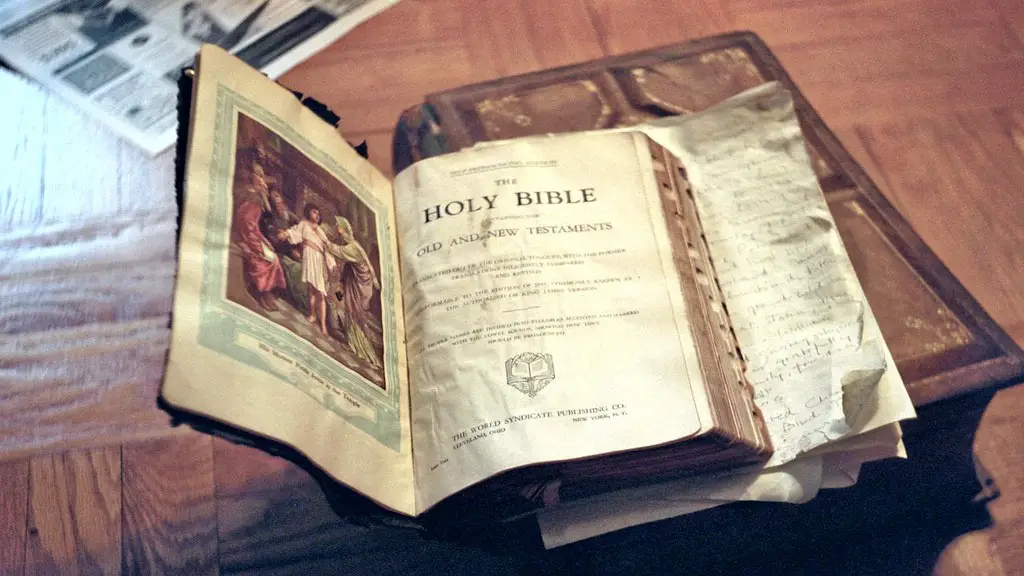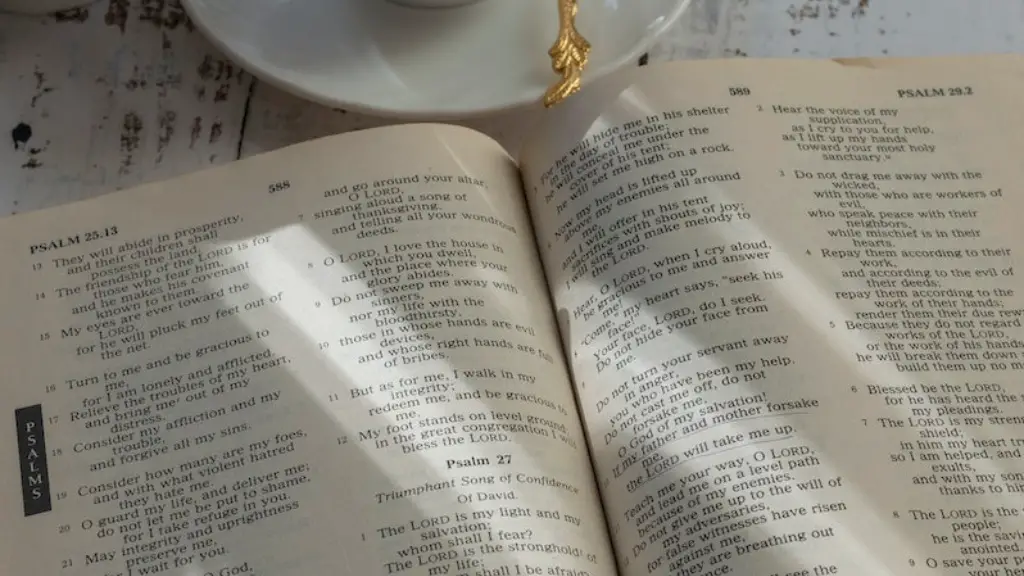The Poor In The Bible
The Bible is filled with references to the poor and the challenges they face in terms of both physical and spiritual need. It is clear from a number of passages throughout the Bible that God has a special concern for those living in poverty, as well as those providing aid to them.
The opening to Deuteronomy 15:4-5 explains God’s special focus on the poor and sets the tone for many other passages – “There should be no poor among you, for the Lord your God will greatly bless you in the land he is giving you as a special possession.”
The Bible is filled with verses rallying people to help the poor and needy, whether helping by material means or, just as importantly, through prayer. It is noted in Jeremiah 22:16 “He defended the cause of the poor and needy, and so all went well. Is that not what it means to know me?”
The Bible not only speaks of showing love to the poor and the needy, but it also warns on how people should be careful not to oppress them, noting what Proverbs 14:31 states, “He who oppresses the poor shows contempt for their Maker, but whoever is kind to the needy honors God.”
Throughout the New Testament, Jesus, who became the ultimate example of caring for those living in poverty, said in Matthew 25:41-45: “Then he will say to those on his left “Depart from me, you who are cursed, into the eternal fire prepared for the devil and his angels. For I was hungry and you gave me nothing to eat, I was thirsty and you gave me nothing to drink, I was a stranger and you did not invite me in, I needed clothes and you did not clothe me, I was sick and in prison and you did not look after me.”
The Bible has multiple commands and instructions to care for the poor, ranging from providing them material and physical support, to being generous and not charging them interest. God also calls for justice for the poor and for us to be humble and not use our position of power to exploit them.
The Bible also calls for patience, looking at the example of Job in the Old Testament who endured years of suffering with steadfast loyalty to God and saw the eventual reward for his patience.
Personal Interactions
From a more personal level, the Bible urges us to view our interactions with the poor as a gift from God. Proverbs 19:17 reflects this message – “Whoever is kind to the poor lends to the Lord, and he will reward them for what they have done.”
We should also use our interactions with the poor to trust in the power and glory of God, as seen in Isaiah 58:10 – “Though you have little, you will receive much; when you give back to those in need, your affliction will pass away.”
As Proverbs 19:7 notes, “All a person’s ways seem right in their own eyes, but the LORD evaluates the motives.” Our interactions with the poor should be heartfelt and with a genuine response from God’s grace.
The Bible encourages us to be generous with our giving and to think outside the box of material gifts. In 1 John 3:17, it states “If someone has enough money to live well and sees a brother or sister in need but shows no compassion—how can God’s love be in that person?” We should be generous with our time, with our listening, with our understanding and in speaking words of encouragement.
Looking To The Future
The Bible is clear that our interactions with the poor should offer hope and prepare us for a better future, as depicted in Matthew 5:3 – “Blessed are the poor in spirit, for theirs is the kingdom of heaven.”
Having faith in God, and actively looking forward to a better future, is an integral part of helping the poor. Micah 6:8 explains this perfectly: “He has shown you, O mortal, what is good. And what does the Lord require of you? To act justly and to love mercy and to walk humbly with your God.”
In helping the poor, we should remember that our motivation should be to honor and glorify God, and to serve as faithful individuals, reflecting Proverbs 21:13, “If you close your ear to the cry of the poor, you will cry out and not be answered.”
God’s Supernatural Provision
Though challenging, the Bible also speaks of God’s supernatural provision for the poor and our trust in His divine plan. Isaiah 43:19 states – “For I am about to do something new. See, I have already begun! Do you not see it? I will make a pathway through the wilderness. I will create rivers in the dry wasteland.”
God plans to provide, as seen in Mark 10:45 – “For even the Son of Man did not come to be served, but to serve, and to give his life as a ransom for many.” As Christians, we should strive to live for God and help the poor, in keeping with the example of Jesus, and rely on God’s promises for help and guidance along the way.
God’s Call To Action
The Bible urges us to take action and view helping the poor as an integral part of beingChristian. In 2 Corinthians 9:7 it states, “Each of you should give what you have decided in your heart to give, not reluctantly or under compulsion, for God loves a cheerful giver.”
We should view helping the poor as one of our core responsibilities, in line with James 1:27: “Religion that God our Father accepts as pure and faultless is this: to look after orphans and widows in their distress and to keep oneself from being polluted by the world.”
God always calls us to use our gifts and talents to serve the poor and by doing so, we are displaying our faith in Him and honoring His purpose for us. In Matthew 5:21-25 is says “You have heard that it was said to the people long ago, ‘You shall not murder, and anyone who murders will be subject to judgment.’ But I tell you that anyone who is angry with a brother or sister will be subject to judgment. Again, anyone who says to a brother or sister, ‘Raca,’ is answerable to the court. And anyone who says, ‘You fool!’ will be in danger of the fire of hell. Therefore, if you are offering your gift at the altar and there remember that your brother or sister has something against you, leave your gift there in front of the altar. First go and be reconciled to them; then come and offer your gift.”
Conclusion
The Bible provides us with multiple reminders of God’s special love for the poor and the need for us to serve those living in poverty with humility and generosity. Our actions should reflect a strong faith in God’s will and be focused on providing comfort, hope and assistance to those in need. We should strive to use our gifts and talents to bring about positive change and impact in the lives of the less fortunate.





